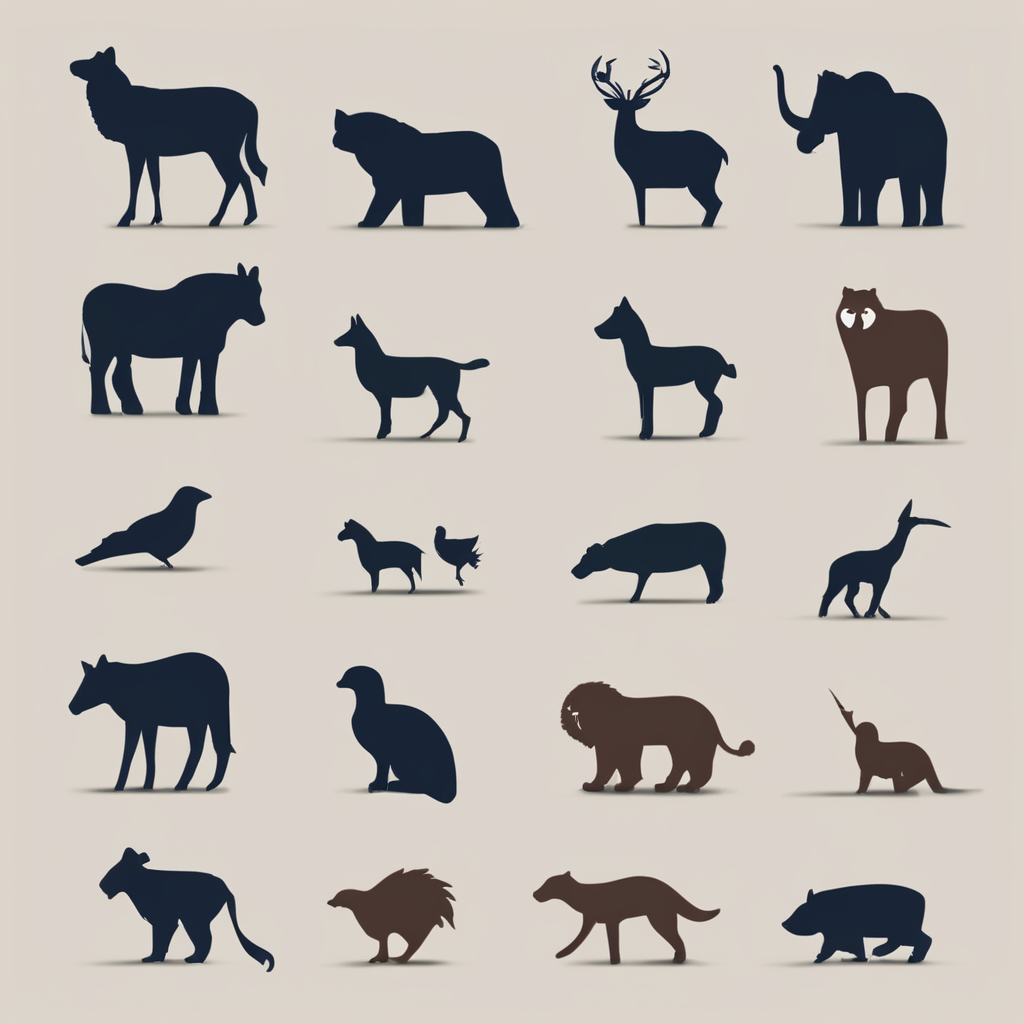Key factors contributing to feline obesity in the UK
Understanding the causes of overweight cats is essential in tackling cat obesity UK. One primary factor is overfeeding, where owners may unintentionally provide excess calories through free-feeding or high-calorie treats. Coupled with a sedentary lifestyle, many cats receive insufficient physical activity to burn off these calories, leading to weight gain.
Indoor cats tend to face greater risks of feline weight issues due to restricted movement and fewer exercise opportunities. In contrast, outdoor cats naturally engage in more physical activity, which helps regulate their weight. However, outdoor living carries other health risks, so balancing safety and activity is crucial.
A lire aussi : Redirect Your Cat’s Scratching Instincts: Expert Tips for Favoring Posts Over Furniture
Breed and age also play significant roles in cat obesity UK. Certain breeds, such as British Shorthairs, are more prone to weight gain, while older cats often experience slower metabolism and decreased activity levels, increasing the likelihood of feline weight issues. Careful attention to diet quantity, quality, and exercise tailored to breed and age can effectively address these challenges and promote a healthier feline population across the UK.
Portion control and suitable diet for UK cats
Understanding feeding needs and choices
Cela peut vous intéresser : Spotting Cat Diabetes: Key Symptoms and Effective Care Strategies for a Healthy Feline
When managing your UK cat diet, precise cat portion control is essential for maintaining your feline’s health. Start by closely reading feeding instructions on UK cat food labels; these typically specify the recommended daily amount based on your cat’s weight. Following these instructions ensures balanced nutrient intake and avoids overfeeding.
Scheduled feeding times are generally preferred over free-feeding. Research supports that consistent meal times help regulate metabolism, reduce obesity risk, and prevent begging behaviour. Allocating specific portions at certain times aligns with a cat’s natural hunting instincts and hunger cycles.
In the UK, there is a variety of trusted cat food brands offering diets tailored to different life stages and health needs. Brands like Royal Canin, James Wellbeloved, and Lily’s Kitchen are popular for their use of quality ingredients and adherence to UK pet nutrition standards. Choosing from these options allows you to provide a diet that supports wellness while respecting your cat’s preferences.
Proper portion control paired with a suitable UK cat diet contributes to a healthy, active cat with an ideal weight and vibrant coat.
Physical activity and healthy routines for UK cats
Maintaining a cat exercise UK routine is crucial to keep your feline fit and mentally stimulated. For indoor cats, experts recommend at least two 10-15 minute play sessions daily. These should involve activities that mimic hunting, such as chasing feather wands or laser pointers. Interactive cat enrichment toys support this active cat lifestyle by encouraging movement and problem-solving.
Outdoor cats benefit from natural exercise hunting and exploring their environment. However, supervised outdoor time or secure garden access prevents risks while supporting activity. Incorporating toys that stimulate stalking and pouncing taps into your cat’s instinctive behaviours. Puzzle feeders and small prey-like toys enhance this engagement effectively.
Regularly changing toys and play styles boosts motivation and prevents boredom. Rotate feather toys, balls, or motorized mice to maintain interest. By combining these methods, you foster a healthy, active cat lifestyle tailored to UK pet owners’ needs, promoting longevity and wellness for your furry friend.
Monitoring your cat’s weight and identifying signs of unhealthy weight
Regular cat weight monitoring is essential to maintaining your feline’s health and wellbeing. Start by weighing your cat at home using a digital scale. For accuracy, weigh yourself holding the cat, then subtract your own weight. Record this consistently, ideally once a week, to track changes over time.
Body condition scoring (BCS) follows UK guidelines to assess your cat’s body condition without scales. The system ranges from 1 (emaciated) to 9 (obese), with the ideal score being 4 or 5. Key markers include feeling your cat’s ribs without excessive fat covering and observing a defined waistline when viewed from above. These physical checks act as reliable indicators alongside weight measurements.
Recognising the signs of overweight cats is crucial. Watch for a loss of waist definition, difficulty grooming, or visible fat deposits over the ribs and abdomen. Overweight cats often exhibit decreased mobility and may develop breathing difficulties. Early identification through cat weight monitoring and body condition scoring allows timely intervention, improving health outcomes.
When to seek professional advice and trusted UK resources
Knowing when to consult your UK vet about your cat’s weight is crucial for maintaining your pet’s health. If your cat shows signs of sudden weight loss, gain, or persistent lethargy, it’s time to seek UK cat vet advice. Early professional intervention can prevent serious complications like diabetes, arthritis, or heart disease.
Trusted pet health experts offer tailored weight management plans that consider your cat’s age, breed, and lifestyle. These specialists help assess your cat’s current condition and recommend practical dietary changes and exercise routines. Their expertise is invaluable in creating sustainable habits tailored to your individual pet.
Several notable UK animal welfare organisations provide resources and support for pet owners. Groups such as the RSPCA and Cats Protection offer guidance on responsible pet care, including nutrition and weight management. These organisations also work to raise awareness about animal welfare UK standards, ensuring cats receive the best possible care.
By consulting professionals and utilising trusted UK animal welfare UK resources, you can enhance your cat’s wellbeing and avoid health risks linked to improper weight. This combined approach ensures your feline friend lives a longer, healthier life.
